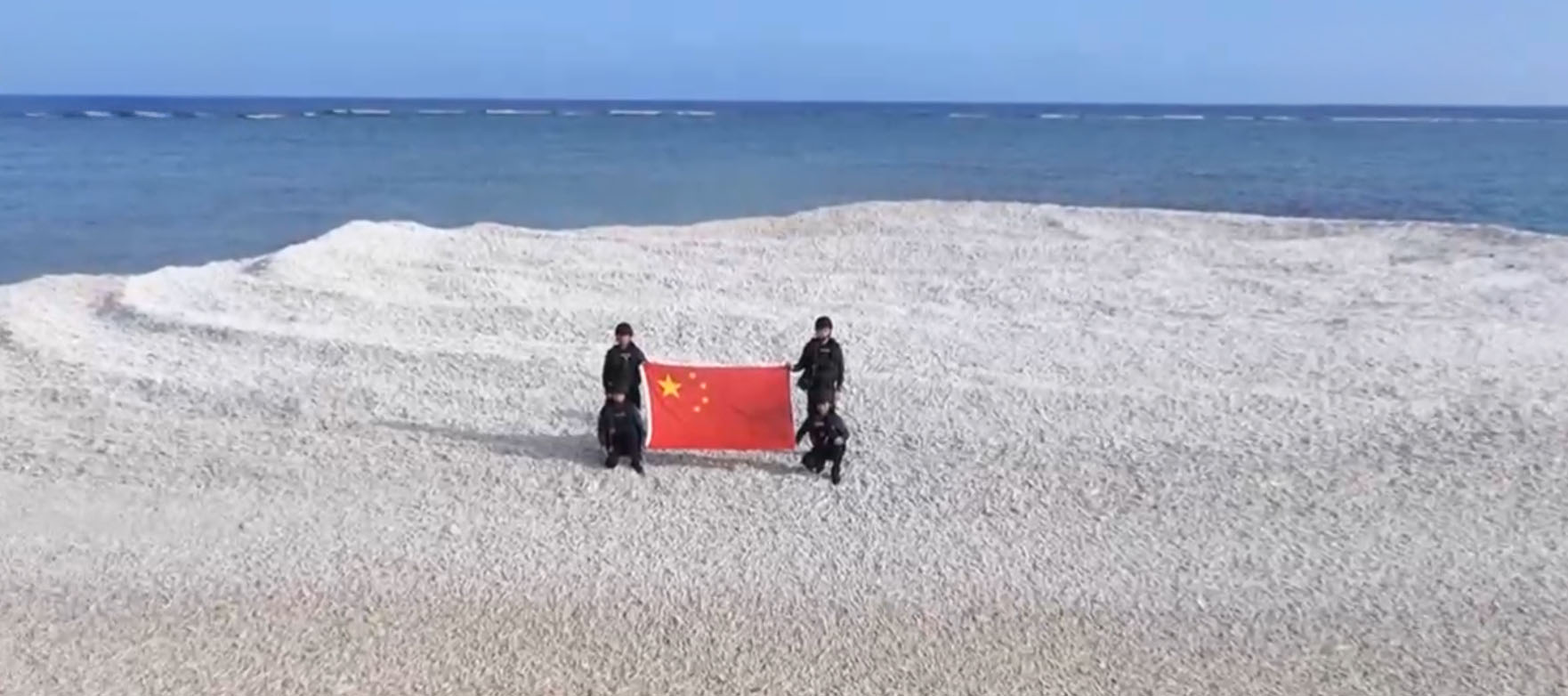by Martin Haffner Associate Editor
In the vast expanse of the Pacific Ocean, the Cook Islands may seem like a dot on the map, yet this small nation has recently emerged as a focal point of geopolitical tensions, particularly concerning China’s growing influence in the region. The dynamics surrounding the Cook Islands illustrate how even the smallest countries can play significant roles in global political chess, especially in the competitive landscape of Sino-American relations.
The Cook Islands is a self-governing territory in free association with New Zealand. Comprising 15 islands, it has a population of about 17,000 and a vibrant culture, heavily rooted in Polynesian traditions. Despite its small size, the Cook Islands are strategically located in the South Pacific, an area that is increasingly pivotal in global geopolitics, particularly as China’s influence in the region continues to expand.
For decades, the Pacific Island nations have maintained close ties with Australia, New Zealand, and the United States. However, China’s growing presence has introduced new dynamics into the region, leading to heightened concerns among larger Pacific players.
China’s engagement in the Pacific Islands has been multi-faceted, encompassing economic investment, infrastructure development, and diplomatic outreach. The country has been keen to increase its political and economic influence, seeing the region as ripe for partnership and investment. Initiatives such as the Belt and Road Initiative (BRI) have led to investments in infrastructure across the Pacific, which many island nations, including the Cook Islands, see as an opportunity for development.
The Cook Islands have welcomed Chinese investments, which have included various infrastructure projects. While this influx of capital is essential for development in the island nation, it has raised alarms among Pacific powers and their allies who view increased Chinese presence as a potential threat to regional security and stability.
For larger nations like Australia and New Zealand, the Cook Islands’ openness to Chinese investment is particularly unsettling. They fear that China’s growing influence could lead to geopolitical destabilization in the Pacific, undermine the traditional balance of power, and encroach on the influence once firmly held by Western nations.
Australia, in particular, has signaled its concerns through increased engagement with Pacific Island countries, including initiatives aimed at delivering aid and fostering partnerships that counter Chinese influence. The U.S. has also recognized the strategic importance of the Pacific, reasserting its commitment to the region and working collaboratively with allies and partners.
The concern is further amplified by the potential for military cooperation or military bases if China were to gain a stronger foothold in the region. While the Cook Islands has not expressed any intention of allowing military presence, the hypothetical scenario raises questions about the security of neighboring nations.
The Cook Islands, seeking to balance its foreign relations while promoting its own development and sovereignty, finds itself in a complex position. The government, led by Prime Minister Mark Brown, must navigate booming interest from both Chinese and Western nations. The diplomatic strategy largely focuses on leveraging these interests to gain benefits without overcommitting to any one power.
In recent years, the Cook Islands has reaffirmed its ties with New Zealand and has participated in the Pacific Islands Forum, emphasizing unity among Pacific nations. Moreover, initiatives involving climate change, sustainable development, and ocean management remain central to their foreign policy, areas where both Western nations and China have shown interest.
The situation of the Cook Islands underscores a broader trend in the Pacific – the shifting power dynamics driven by China’s emergence as a global player. This not only affects the Cook Islands but reverberates throughout the region, prompting a reevaluation of alliances and partnerships.
Regional nations are increasingly assessing their own vulnerabilities and opportunities in a world where China’s ambitions challenge longstanding paradigms of power. The careful balancing act performed by the Cook Islands could serve as a model for other Pacific nations in dealing with great power competition, allowing them to secure necessary investments while maintaining autonomy.
In the geopolitical dance of the Pacific, the Cook Islands—despite its small size—has become a focal point of larger struggles for influence between China and traditional Western powers. The dynamics in this tiny nation may seem benign on the surface, but they reflect a nuanced struggle for power that has profound implications for regional stability and international relations.
As the world watches, the Cook Islands navigates its path, asserting its interests and fostering partnerships that could redefine its future in a rapidly changing and increasingly contested Pacific landscape.



